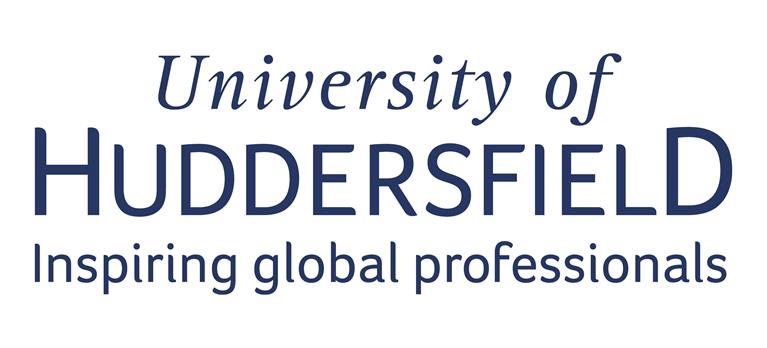Masters degrees in Primary Education equip postgraduates with the skills to engage with and reflect upon strategies for improving education practise and policy within primary or elementary schools.
A Masters in Primary Education can offer a unique opportunity to develop your understanding of teaching and learning and to have a positive impact on the lives of young learners. The programme will equip you with the knowledge, skills and confidence to critically evaluate and improve teaching strategies and policies within primary schools.
A Masters degree in Primary Education provides a deeper understanding of the theories, methods and practices of teaching at the elementary school level. It is an excellent opportunity for educators to expand their knowledge and skills, and to make a greater impact on the education system.
Taught MA and MEd (Master of Education) degrees are typical for the field. Entry requirements normally include an undergraduate degree in a relevant subject, such as Education or Communications.
Why study a Masters in Primary Education?
Courses in this field are often highly interdisciplinary, combining methodologies from disciplines such as psychology, anthropology and business management. Curriculum, pedagogy and assessment are the key themes which you will examine on both national and international scales, reflecting on current professional practices.
You will examine the role of education in the community, its impact on the development of literacy and children’s rights, as well as its effects on children’s cognition and behaviour. For example, you may explore the impact of bilingualism and multilingualism on child learning, or examine ways to support children with special needs.
Careers may include working as a subject leader, assistant head teacher or head teacher within a school, or as an inspector or policy maker within a local or national agency.

 Continue with Facebook
Continue with Facebook














